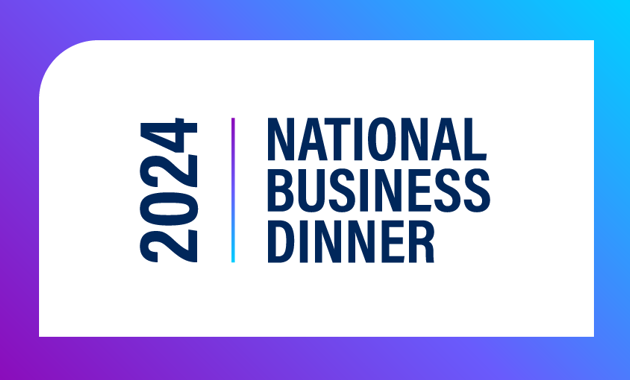Change the Race Ratio signatories, Moon Executive Search, give expert insight into how and why firms need to increase boardroom representation.
Moon Executive Search is one of the first 50 signatories of Change the Race Ratio, a CBI led campaign to increase racial and ethnic participation in British businesses. We signed up to this initiative as firm believers in creating an inclusive culture where talent from all areas of society is given access to opportunities to thrive.
As an executive search firm that undertakes bespoke recruitment campaigns at C Suite and Non-Executive level for listed PLCs, private equity groups, SM



 Exclusive My CBI member-only content
Exclusive My CBI member-only content